Publications
Articles, publications, books, tools and multimedia features from the U.S. Institute of Peace provide the latest news, analysis, research findings, practitioner guides and reports, all related to the conflict zones and issues that are at the center of the Institute’s work to prevent and reduce violent conflict.
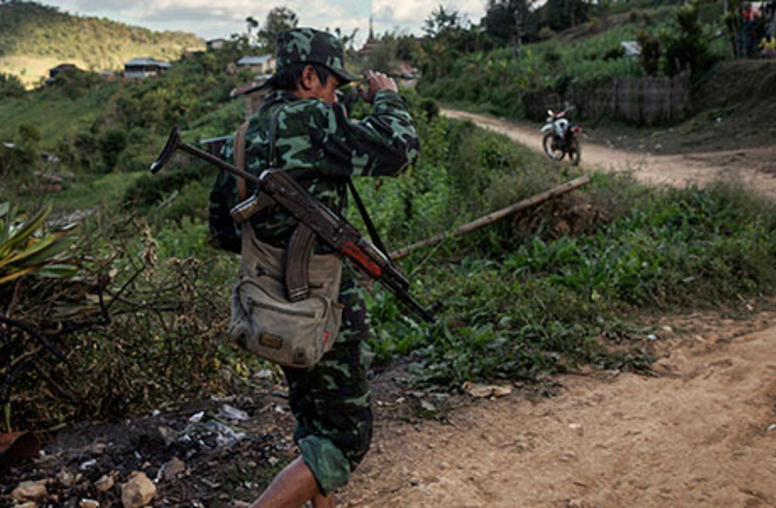
U.S. Eyes Military Ties With Myanmar, Official Says
The U.S. is formulating its next steps in Myanmar, including gradual re-engagement with the country's military, with the aim of broadening cooperation after several years of a multi-agency push to support a sensitive transition toward democracy. Current and former U.S. officials examined recent efforts and outlined plans going forward during a panel discussion at the U.S. Institute of Peace this week.
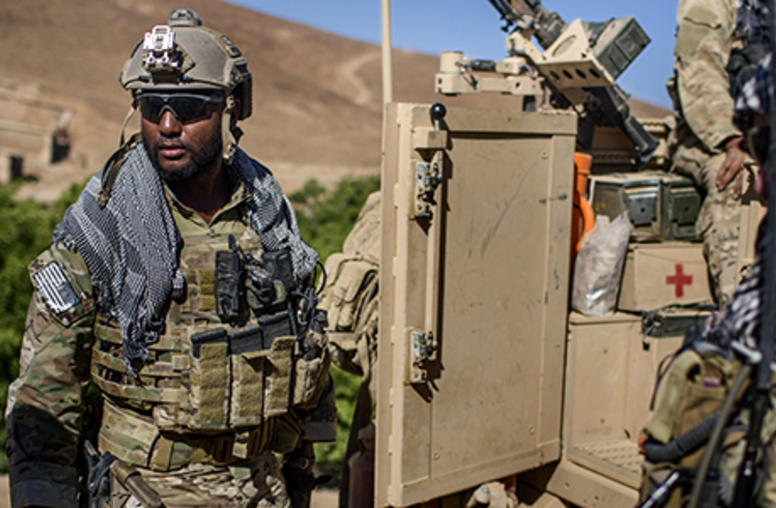
Poor Planning, Coordination Cited in Afghan Intervention
Failings by the United States and its NATO partners in the early stages of the 15-year-long war in Afghanistan have prolonged that country’s need for international troops and economic help, U.S. and German officials said in a recent forum at the U.S. Institute of Peace that examined the lessons learned during the past decade.
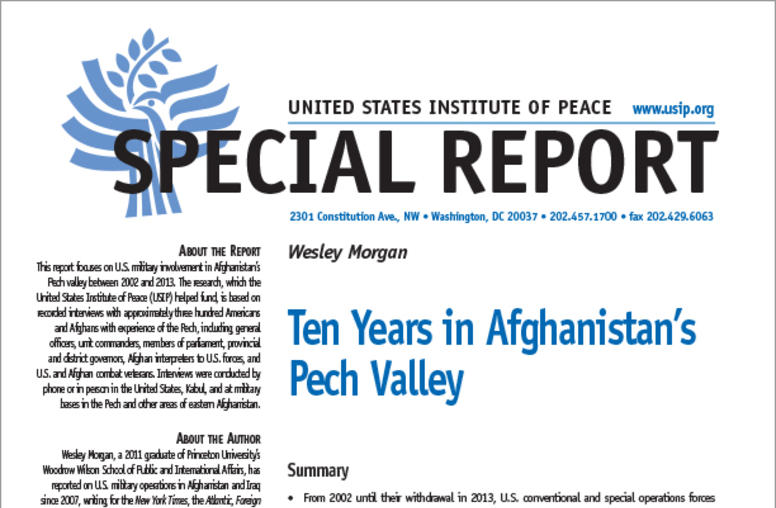
Ten Years in Afghanistan’s Pech Valley
The al-Qaeda presence in the Pech valley is greater now than when U.S. forces arrived in 2002, and counterterrorism efforts in the region continue. This report looks at U.S. military involvement in the Pech valley and the lessons it offers both the Afghan National Security Forces and the U.S. military. It is derived from interviews with some three hundred Americans and Afghans, including general officers, unit commanders, members of parliament, district and provincial governors, Afghan interp...
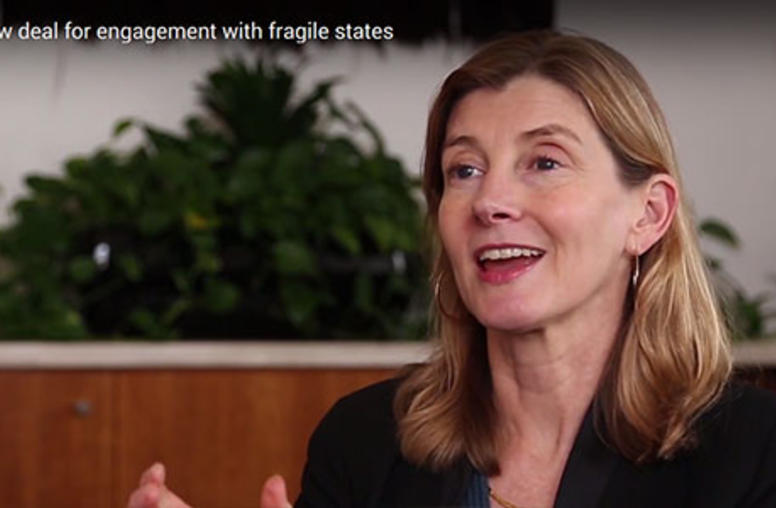
Nancy Lindborg: Finding common ground for development and defense
Development, diplomacy and defense must work together to help shepherd countries from fragility to peace and democracy. Nancy Lindborg shares her thoughts on bringing together the "three D's" for more effective crisis response.
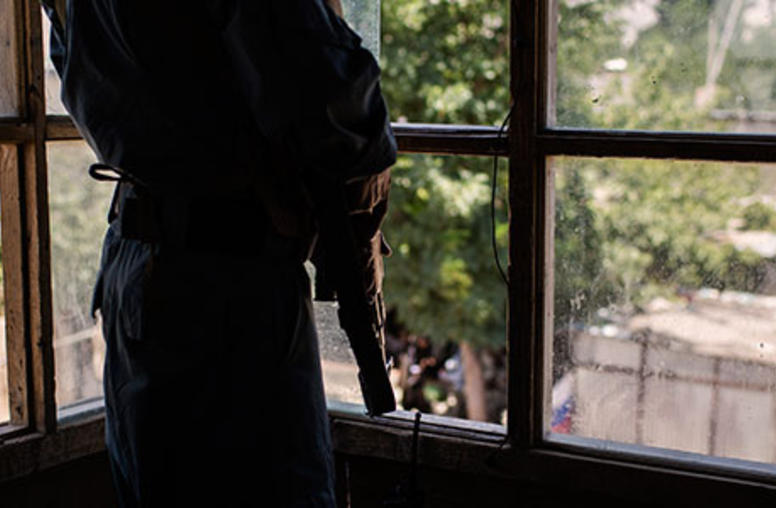
To Help Afghanistan Survive, Narrow the Focus
Afghanistan’s Taliban are trying to defeat the government in this first year following the U.S. military’s withdrawal from combat operations, and their surge in attacks has driven the rate of army and police casualties at least 65 percent higher than last year. Still, a focused strategy can help the government survive, USIP experts say.
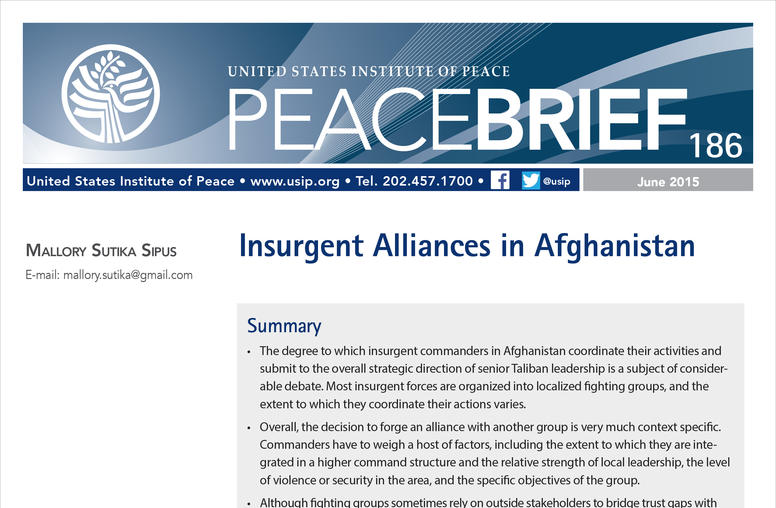
Insurgent Alliances in Afghanistan
One of the contributing factors to Afghanistan’s civil conflict has been the fluidity within military alliances at the sub-national level. This brief examines the circumstances of military alliances between insurgent commanders—what factors play into an alliance and how they are maintained, with assessments resulting from research from the Centre for Conflict and Peace Studies and supported by USIP.
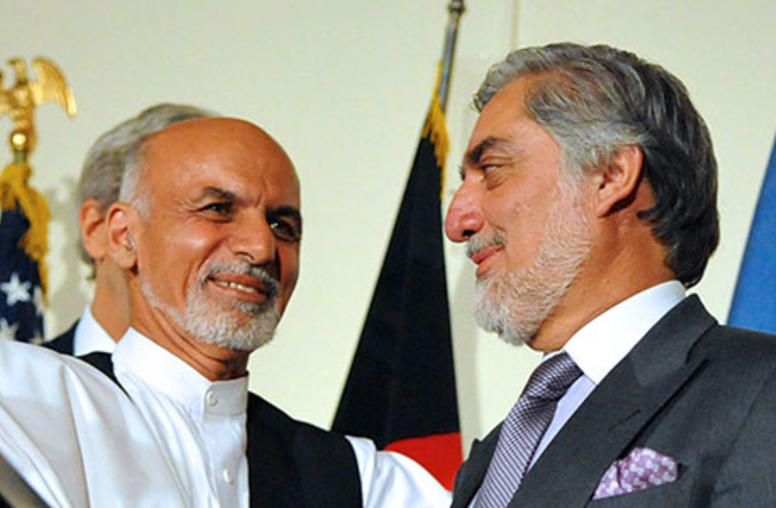
Afghan President Ghani’s Message in U.S. Visit: Help Us Stand on Our Own Feet
Afghan President Ashraf Ghani likely will use his first visit to Washington since taking office to thank the American people for their sacrifice for the cause of peace in Afghanistan, and to appeal for steadfast backing to prevent a precipitous drawdown of U.S. civilian and military support that could plunge his country back into a bloody civil war. According to experts at the U.S. Institute of Peace, Ghani will emphasize that Afghanistan’s new leadership is committed to reforming government,...
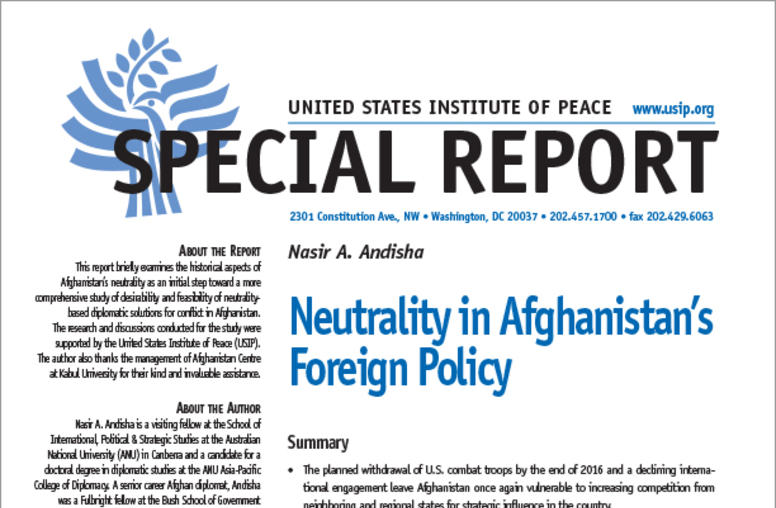
Neutrality in Afghanistan’s Foreign Policy
President Obama’s decision to withdraw all U.S. combat troops from Afghanistan by the end of 2016 leaves that country once again wide open for an intensified regional race for strategic influence in the country. The majority of experts—both Afghan and international—agree that lasting peace and stability in Afghanistan require internationally backed regional arrangements. A recent forum involving high-profile Afghan politicians, former diplomats, and civil society leaders underscores this cons...
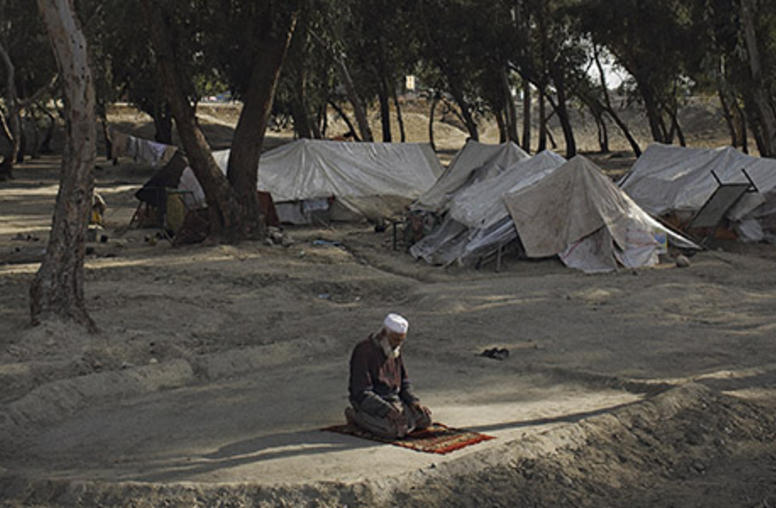
Q&A: Pakistan in the Shifting Neighborhood of 2015
A public backlash against the Pakistani Taliban after a December attack in northwestern Pakistan that killed 134 children has raised hopes that the country’s government and military might finally muster the political will to tackle terrorism and violent extremism. U.S. Institute of Peace Director of Pakistan and South Asia Programs Moeed Yusuf considers the odds in the face of Pakistan’s deteriorating relations with India on the eastern border and a new, though divided government in a still-s...